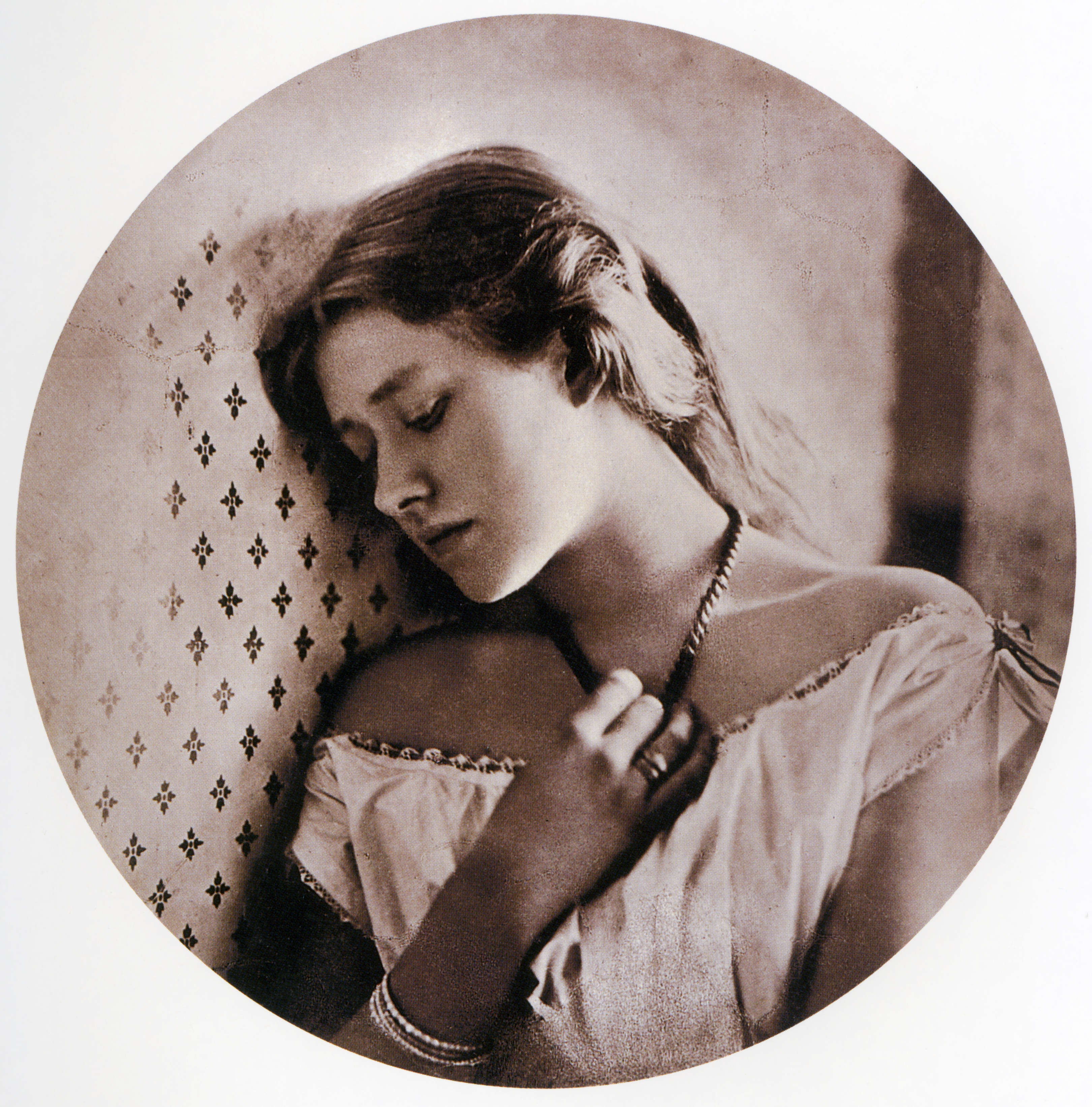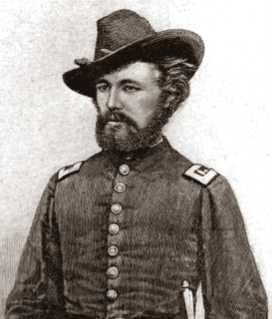|
The Realm Of Joy
''The Realm of Joy'' is a one-act farce by W. S. Gilbert, writing under the pseudonym "F. Latour Tomline". It opened at the Royalty Theatre on 18 October 1873, running for about 113 performances, until 27 February 1874. The play is based on the farce, ''Le Roi Candaule'', by Henri Meilhac and Ludovic Halevy, two of Jacques Offenbach's favourite librettists. Background ''The Realm of Joy'' is set in the lobby of a theatre where a politically scandalous play, "The Realm of Joy" is being performed – a clear reference to Gilbert's play from the same year, ''The Happy Land'' (1873), which was still running on the first night of this piece. The Lord Chamberlain had briefly banned ''The Happy Land'' for its political satire and for costuming its characters to resemble particular government officials, which is lampooned in this play by references to "the Lord High Disinfectant" and by the descriptions of the banned costumes by Jane and Sophie. Gilbert likely used the pseudonym "To ... [...More Info...] [...Related Items...] OR: [Wikipedia] [Google] [Baidu] |
Royalty Theatre
The Royalty Theatre was a small London theatre situated at 73 Dean Street, Soho. Established by the actress Frances Maria Kelly in 1840, it opened as Miss Kelly's Theatre and Dramatic School and finally closed to the public in 1938.Royalty Theatre at the Arthur Lloyd site accessed 23 March 2007 The architect was . The theatre's opening was ill-fated, and it was little used for a decade. It changed its name twice and was used by an opera company, amateur drama companies and for French pieces. In 1861, it was renamed the New Royalty Theatre, and the next year it was leased by Mrs Charles Selby, who enlarged it from 20 ... [...More Info...] [...Related Items...] OR: [Wikipedia] [Google] [Baidu] |
Henri Meilhac
Henri Meilhac (23 February 1830 – 6 July 1897) was a French dramatist and opera librettist, best known for his collaborations with Ludovic Halévy on Georges Bizet's ''Carmen'' and on the works of Jacques Offenbach, as well as Jules Massenet's ''Manon''. Biography Meilhac was born in the 1st arrondissement of Paris in 1830. As a young man, he began writing fanciful articles for Parisian newspapers and comédies en vaudevilles, in a vivacious boulevardier spirit which brought him to the forefront. About 1860, Meilhac met Ludovic Halévy, and their collaboration for the stage lasted twenty years. Their most famous collaboration is the libretto for Georges Bizet's ''Carmen''. However, Meilhac's work is most closely tied to the music of Jacques Offenbach, for whom he wrote over a dozen librettos, most of them together with Halévy. The most successful collaborations with Offenbach are ''La belle Hélène'' (1864), '' Barbe-bleue'' (1866), '' La Vie parisienne'' (1866), ''La Grand ... [...More Info...] [...Related Items...] OR: [Wikipedia] [Google] [Baidu] |
Ludovic Halevy
Ludovic is a given name and has also been a surname. People with the given name A * Ludovic Albós Cavaliere (born 1979), Andorran ski mountaineer * Ludovic Ambruș (born 1946), Romanian wrestler who competed in the 1972 Summer Olympics * Ludovic Arrachart (1897–1933), French aviator * Ludovic Assemoassa (born 1980), French-born Togolese football defender * Ludovic Asuar (born 1976), French footballer * Ludovic Auger (born 1971), French road bicycle racer * Ludovic Augustin (born 1902), Haitian Olympic sport shooter B * Ludovic Baal (born 1986), French Guianese football left back * Ludovic Batelli (born 1963), French football goalkeeper * Ludovic Blas (born 1997), French football midfielder * Ludovic Boi (born 1989), Mauritian-Australian footballer * Ludovic Booz (1940–2015), Haitian painter and sculptor * Ludovic Bource (born 1970), French composer * Ludovic Boulesteix (fl. 1990s), French slalom canoer * Ludovic Bruckstein (1920–1988), Romanian writer * Ludovic Bruni (bor ... [...More Info...] [...Related Items...] OR: [Wikipedia] [Google] [Baidu] |
Jacques Offenbach
Jacques Offenbach (, also , , ; 20 June 18195 October 1880) was a German-born French composer, cellist and impresario of the Romantic period. He is remembered for his nearly 100 operettas of the 1850s to the 1870s, and his uncompleted opera ''The Tales of Hoffmann''. He was a powerful influence on later composers of the operetta genre, particularly Johann Strauss Jr. and Arthur Sullivan. His best-known works were continually revived during the 20th century, and many of his operettas continue to be staged in the 21st. ''The Tales of Hoffmann'' remains part of the standard opera repertory. Born in Cologne, the son of a synagogue cantor, Offenbach showed early musical talent. At the age of 14, he was accepted as a student at the Paris Conservatoire but found academic study unfulfilling and left after a year. From 1835 to 1855 he earned his living as a cellist, achieving international fame, and as a conductor. His ambition, however, was to compose comic pieces for the musical the ... [...More Info...] [...Related Items...] OR: [Wikipedia] [Google] [Baidu] |
The Happy Land
''The Happy Land'' is a play with music written in 1873 by W. S. Gilbert (under the pseudonym F. Latour Tomline) and Gilbert Arthur à Beckett. The musical play burlesques Gilbert's earlier play, ''The Wicked World''. The blank verse piece opened at the Royal Court Theatre on 3 March 1873 and enjoyed a highly successful run, soon touring, and then being immediately revived at the same theatre in the autumn of 1873.Joseph S Meisel (1999), The Importance of Being Serious: The Unexplored Connection between Gladstone and Humour', History 84 (274), p. 278–300. Rees, Terence. "''The Happy Land'': its true and remarkable history" in ''W. S. Gilbert Society Journal'' vol. 1, no. 8 (1994), pp. 228–37 The play created a scandal by breaking regulations against the portrayal of public characters, parodying William Ewart Gladstone, Robert Lowe, and Acton Smee Ayrton, respectively the Prime Minister, Chancellor of the Exchequer, and First Commissioner of Works. Three characters were mad ... [...More Info...] [...Related Items...] OR: [Wikipedia] [Google] [Baidu] |
Charity (play)
''Charity'' is a drama in four acts by W. S. Gilbert that explores the issue of a woman who had lived with a man as his wife without ever having married. The play analyses and critiques the double standard in the Victorian era concerning the treatment of men and women who had sex outside of marriage, anticipating the "problem plays" of George Bernard Shaw, Shaw and Henrik Ibsen, Ibsen.Crowther, AndrewSynopsis of ''Charity'' It opened on 3 January 1874 at the Haymarket Theatre in London, where Gilbert had previously presented his 'fairy comedies' ''The Palace of Truth'', ''Pygmalion and Galatea (play), Pygmalion and Galatea'', and ''The Wicked World''. ''Charity'' ran for about 61 performances, closing on 14 March 1874, and received tours and revivals thereafter. Gilbert created several plays for the Haymarket Theatre, managed by John Baldwin Buckstone and starring William Hunter Kendal and his wife, Madge Kendal, Madge Robertson Kendal, sister of the playwright Thomas William Ro ... [...More Info...] [...Related Items...] OR: [Wikipedia] [Google] [Baidu] |
George Bernard Shaw
George Bernard Shaw (26 July 1856 – 2 November 1950), known at his insistence simply as Bernard Shaw, was an Irish playwright, critic, polemicist and political activist. His influence on Western theatre, culture and politics extended from the 1880s to his death and beyond. He wrote more than sixty plays, including major works such as ''Man and Superman'' (1902), ''Pygmalion'' (1913) and '' Saint Joan'' (1923). With a range incorporating both contemporary satire and historical allegory, Shaw became the leading dramatist of his generation, and in 1925 was awarded the Nobel Prize in Literature. Born in Dublin, Shaw moved to London in 1876, where he struggled to establish himself as a writer and novelist, and embarked on a rigorous process of self-education. By the mid-1880s he had become a respected theatre and music critic. Following a political awakening, he joined the gradualist Fabian Society and became its most prominent pamphleteer. Shaw had been writing plays for years ... [...More Info...] [...Related Items...] OR: [Wikipedia] [Google] [Baidu] |
Henrik Ibsen
Henrik Johan Ibsen (; ; 20 March 1828 – 23 May 1906) was a Norwegian playwright and theatre director. As one of the founders of modernism in theatre, Ibsen is often referred to as "the father of realism" and one of the most influential playwrights of his time. His major works include ''Brand'', '' Peer Gynt'', '' An Enemy of the People'', ''Emperor and Galilean'', ''A Doll's House'', ''Hedda Gabler'', '' Ghosts'', ''The Wild Duck'', ''When We Dead Awaken'', ''Rosmersholm'', and ''The Master Builder''. Ibsen is the most frequently performed dramatist in the world after Shakespeare, and ''A Doll's House'' was the world's most performed play in 2006. Ibsen's early poetic and cinematic play ''Peer Gynt'' has strong surreal elements. After ''Peer Gynt'' Ibsen abandoned verse and wrote in realistic prose. Several of his later dramas were considered scandalous to many of his era, when European theatre was expected to model strict morals of family life and propriety. Ibsen's later wo ... [...More Info...] [...Related Items...] OR: [Wikipedia] [Google] [Baidu] |
The Happy Land - Illustrated London News, March 22, 1873
''The'' () is a grammatical article in English, denoting persons or things that are already or about to be mentioned, under discussion, implied or otherwise presumed familiar to listeners, readers, or speakers. It is the definite article in English. ''The'' is the most frequently used word in the English language; studies and analyses of texts have found it to account for seven percent of all printed English-language words. It is derived from gendered articles in Old English which combined in Middle English and now has a single form used with nouns of any gender. The word can be used with both singular and plural nouns, and with a noun that starts with any letter. This is different from many other languages, which have different forms of the definite article for different genders or numbers. Pronunciation In most dialects, "the" is pronounced as (with the voiced dental fricative followed by a schwa) when followed by a consonant sound, and as (homophone of the archaic pron ... [...More Info...] [...Related Items...] OR: [Wikipedia] [Google] [Baidu] |
Charles Wyndham (actor)
Sir Charles Wyndham (23 March 1837 – 12 January 1919), ''né'' Charles Culverwell, was an English actor and theatre proprietor. Wyndham's Theatre in London is named after him, and he also built the Noël Coward Theatre, New Theatre (now the Noël Coward Theatre) nearby. Wyndham's family intended him for a medical career, and he studied medicine while enthusiastically engaging in amateur theatricals in his spare time. Torn between medicine and the stage, he spent three years in the US as a surgeon in the Union army in the American Civil War and on two occasions acted unsuccessfully on the New York stage. After returning to Britain and establishing himself as an actor he made further trips to the US between 1882 and 1910, playing in theatres all around the country. In London, Wyndham became known for his comic skills, both in light comedy and farce. He took over the management of the Criterion Theatre in 1876 and remained in charge there for more than 20 years. "Criterion fa ... [...More Info...] [...Related Items...] OR: [Wikipedia] [Google] [Baidu] |





.png)
